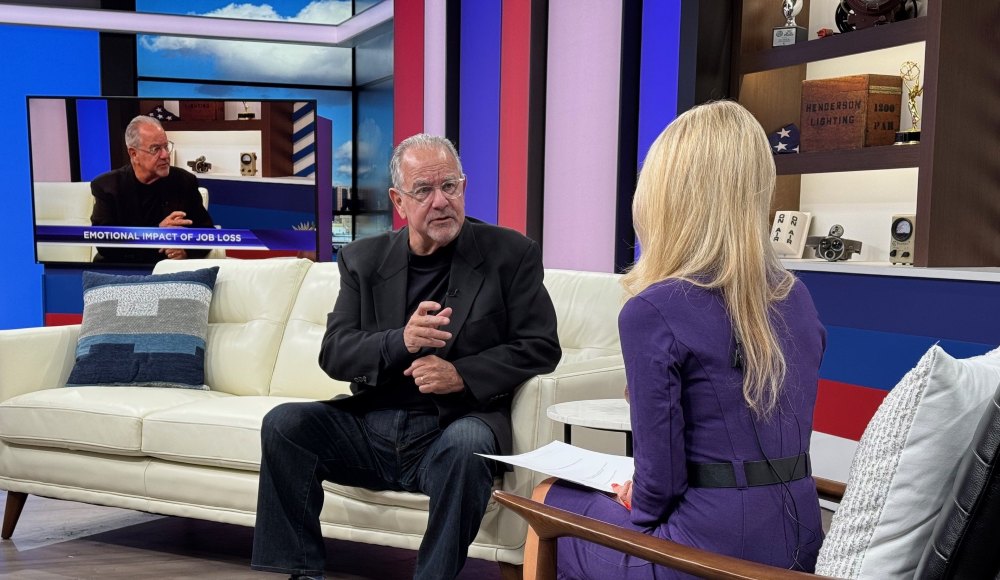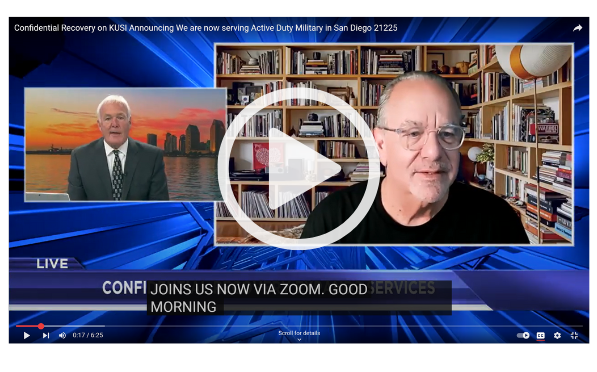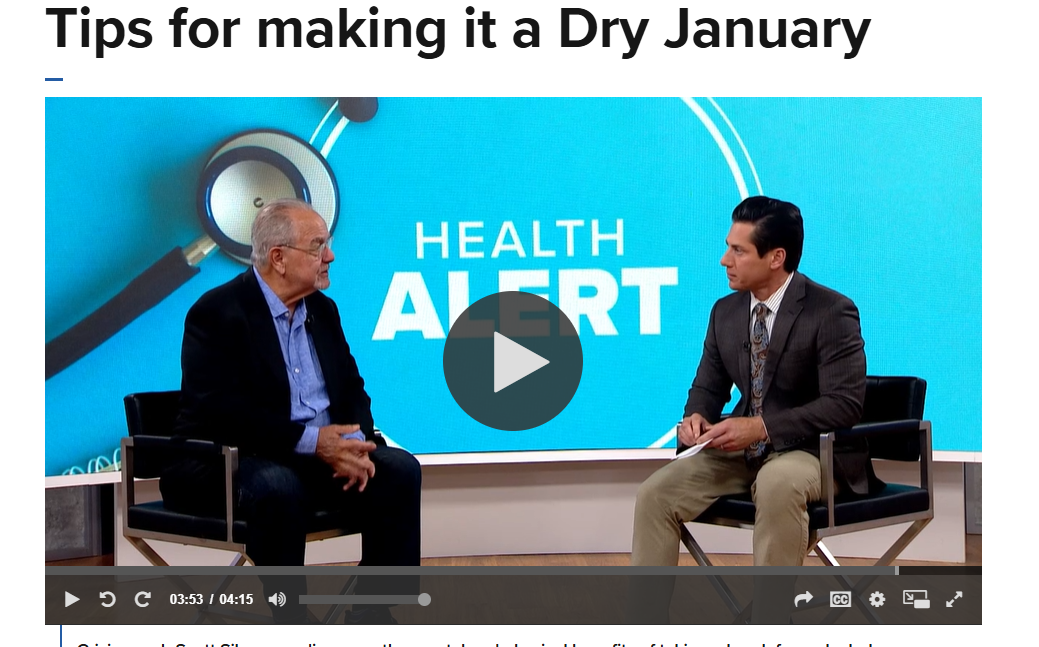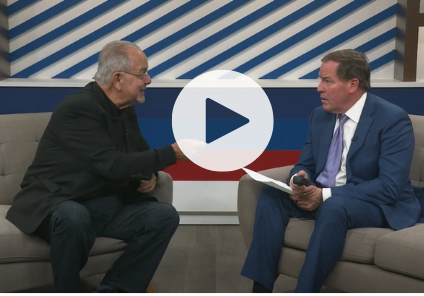Replacement is a standard method for people trying to quit anything from drugs to overeating. When quitting cigarettes, doctors recommend patients chew gum or suck on hard candy. Virgin drinks or soda and lime are common alternatives to alcohol. Instead of junk food, eat an apple.
When making a lifestyle change, you have to replace old habits—and we all know that old habits die hard. Drugs and alcohol are addictive because they offer a payoff. That may be a good night’s sleep, endorphins, or fitting into a certain crowd. Although it may be hard to believe now, replacing unhealthy habits with healthy ones can offer similar payoffs without the detriment to your health.
Here are a few tips for creating new healthy habits to help in your recovery journey:
- Plan a pleasant activity each day.
Suzette Glasner-Edwards is an expert in addiction from UCLA, and she points out that addicts participating in pleasurable activities experience higher success rates when aiming to stay sober. These people consciously replace addictive behaviors with something that brings them joy, like cooking, hosting a party, visiting a museum, or playing a sport. These activities replace the dopamine they were getting from their drug of choice and may lead to connecting with a new group of friends.
- Replace your endorphins with exercise.
Mishka Shubaly gained some notoriety for his book The Long Run, which chronicles his mission to replace alcoholism with exercise. Richard Brown of Brown University conducted a study that found regular exercise helped participants drink less by providing structure, increasing dopamine, and making it easier for them to sleep.
- Engage in some kind of therapy.
You’re more likely to stay sober if you aren’t trying to do it alone. The answer for you may be cognitive-behavior therapy, group therapy, or a twelve-step program. Being around people who understand what you’re going through and learning alternative coping mechanisms can help you fight triggers and relapse.
- Embrace what works for you.
Everyone is different, and what works for one person may not work for you. That’s okay. Yoga or meditation might help you. Maybe art therapy is your thing. Just keep trying to find that one thing that releases those endorphins—even if it’s weird. In an article for The Tempest, one woman describes how a low-wattage lamp provides the calm and relaxation she once found at the bottom of a bottle.
- Help other people on their recovery journey.
Sometimes, helping other people is the best way to help yourself. While you are never responsible for someone else’s relapse, knowing that you’re helping others recover from substance use disorder can motivate you to stay sober. This is the route that worked for Scott Silverman. Become a sponsor, become a peer counselor, show up to meetings, and show others that it can be done.
Remember, it isn’t the end of the world if you relapse. You can always try again. One of these healthy habits will stick, just as it did for Mishka Shubaly and Scott Silverman, and you’ll feel reborn.
If you or a loved one is struggling with substance use disorder, give Scott a call at 619-993-2738.
(c) 2022 Scott H Silverman. All Rights Reserved.






